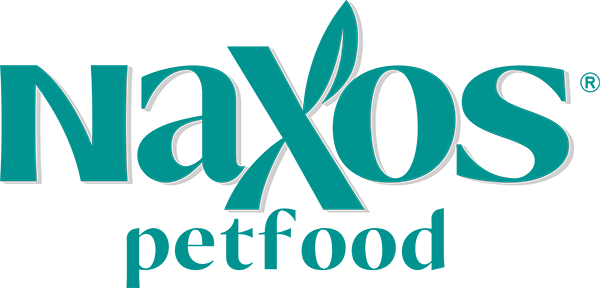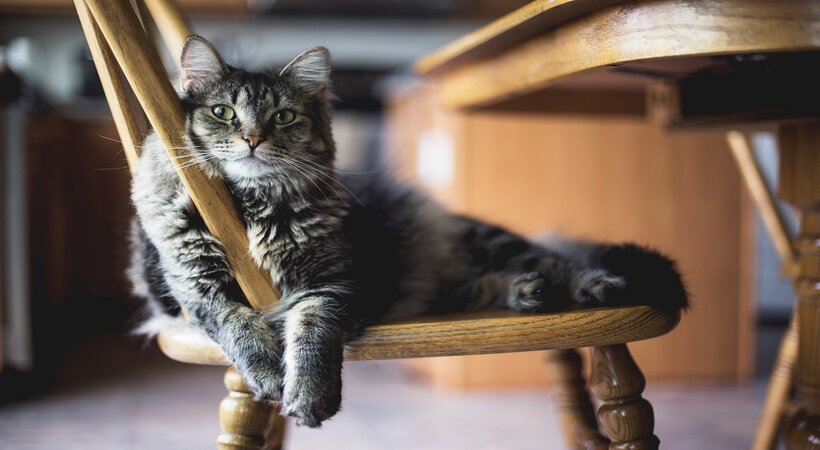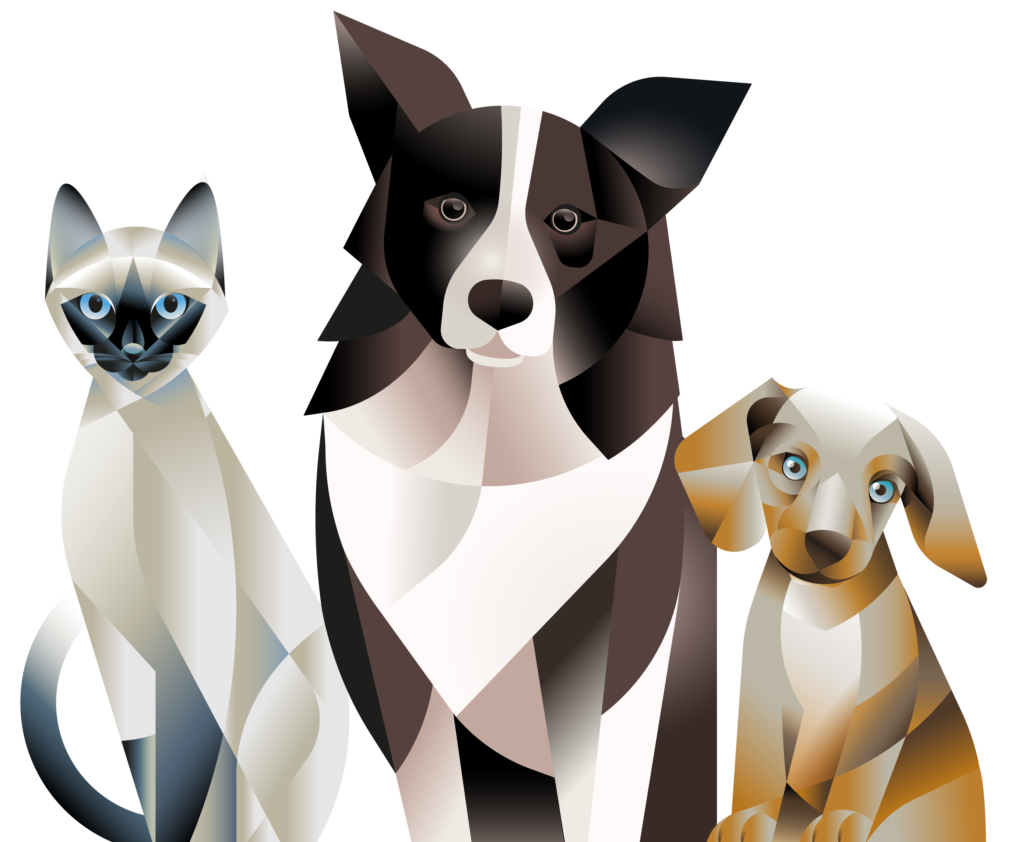How Much Dry Food Should a Cat Eat a Day? All About Daily Rations
Did you know that some cats refuse to eat simply because they don’t like their bowl? And that all cats should eat small portions of food several times a day?
The feline world is fascinating and full of curious habits—just like the creatures that belong to it.
It’s important to understand all of these habits, because choosing the right cat food and kibble is essential for their health.
Is your kitty picky? Read our in-depth guide.
Why is cat kibble important?
Work and other daily commitments often keep cat owners away from home for several hours.
Cat kibble – unlike wet food – doesn’t spoil, giving your feline the opportunity to feed throughout the day, even when they’re alone.
A cat’s diet is one of the key factors affecting their quality of life and longevity.
That’s why you should never leave your cat’s diet up to chance or feed them without understanding standard guidelines and daily requirements.
Want to help your furry friend live longer? Check out our tips to protect their health.
Balanced diet for cats: essential nutrients in kibble
Cats are obligate carnivores: their bodies are designed to derive nutrients mainly from animal proteins.
This evolutionary trait has shaped not only their digestive systems but also their specific nutritional needs. When talking about feline nutrition, this fact should be the starting point for any dietary choice.
A cat’s nutritional requirements include high-quality animal proteins, omega-3 and omega-6 fatty acids, taurine, and essential minerals.
What about proportions? They depend on several factors such as age, lifestyle, and any existing health issues like obesity, food intolerances, or urinary tract conditions. That’s why there are different targeted formulas.
What applies to all cats, however, is the need to be fed with at least 50% wet food, and to eat small, frequent meals throughout the day (and night). In the wild, they hydrate through their prey, which consists of 70–80% water.
A diet based solely on kibble is the leading cause of urinary tract issues in cats. Does your cat vomit often? It could be hairballs – check out our dedicated article.
Daily cat food portions: how much kibble should your cat eat each day?
The daily kibble portion for your cat depends primarily on three factors:
- The amount of wet food they consume, which should be proportionally subtracted from the kibble intake (to calculate how many grams of dry food to remove, divide the wet food amount by three. For example, if your cat needs 100g of kibble daily and eats 60g of wet food, subtract only 20g from the kibble portion);
- The nutrient density of the kibble, which varies by brand. You can find this information on the label;
- Lifestyle. If your cat is sedentary, they should consume the lower end of the range indicated on the packaging. If your cat is overweight, even more reason to reduce portions.
How much kibble should a cat eat based on calorie intake? As a rough estimate, an adult cat with normal weight needs about 30–40 kcal per kg of body weight per day. A 4 kg cat typically requires 120–160 kcal per day.
However, only a veterinarian specialized in feline nutrition can provide a precise assessment.
Thinking about cooking tasty meals for your pet? Check out our guide on home-cooked diets.
The best food for cats
Looking for the best food for your furry friend? Learn how to read labels and make sure that:
- All proteins are animal-based, not industrial by-products (avoid terms like “meat and derivatives”);
- There is no soy, corn, gluten, GMOs, artificial flavors or colorants;
- Ingredients are from reliable, traceable sources;
- With regular consumption, your cat’s coat remains shiny and their skin healthy—key signs of good health.
At Naxos Petfood, we’ve committed to these standards, producing food for your pet using only natural ingredients, human-grade meat, 100% made in Italy, cruelty-free, and with a short supply chain.
Kibble for sterilized cats and for cats with food intolerances
Has your cat been neutered? Or do they suffer from food intolerances? If so, you’ll be glad to know we’ve created a single-protein formula just for them, enriched with spirulina to support the immune system and prickly pear to aid digestion and protect the intestines.
Try these two options:
- Naxos Monoprotein Sterilight Pork and Prickly Pear, also suitable for cats with digestive issues;
- Naxos Monoprotein Sterilight Blue Fish and Pomegranate, known for its antioxidant properties. The blue fish is locally sourced from sustainable fishing, used whole, and rich in omega-3 and omega-6. Also available for kittens, it helps maintain a healthy urinary pH.
Beware of imitations and order now: find out where to buy near you or online.


